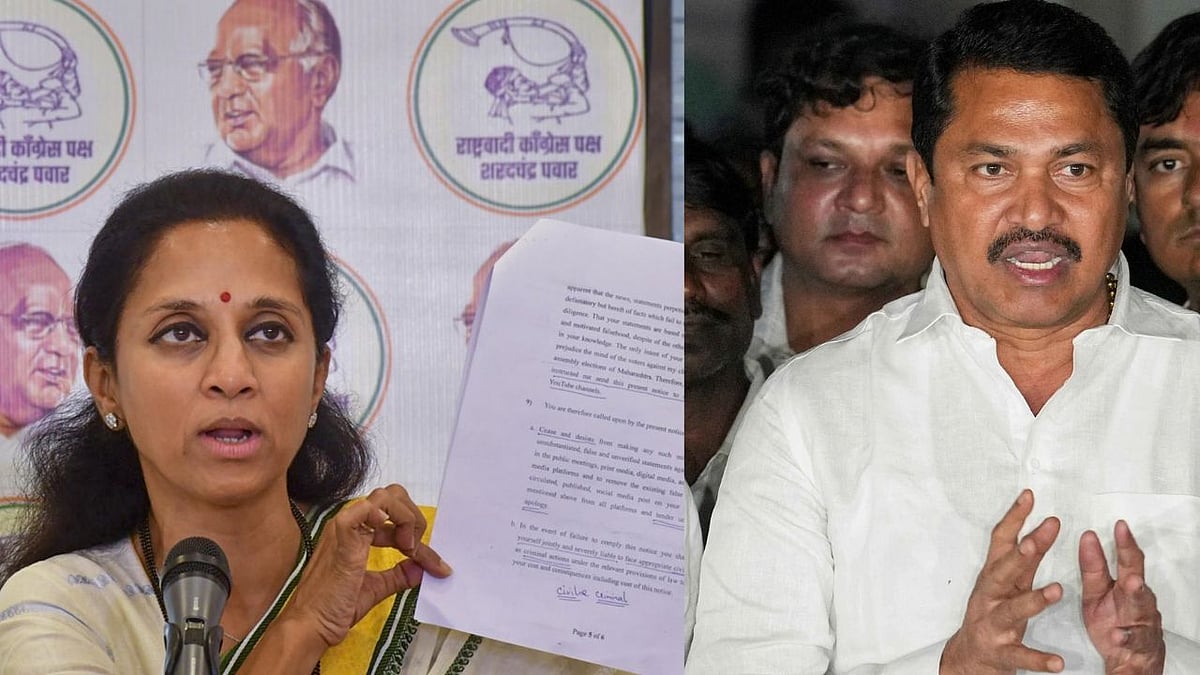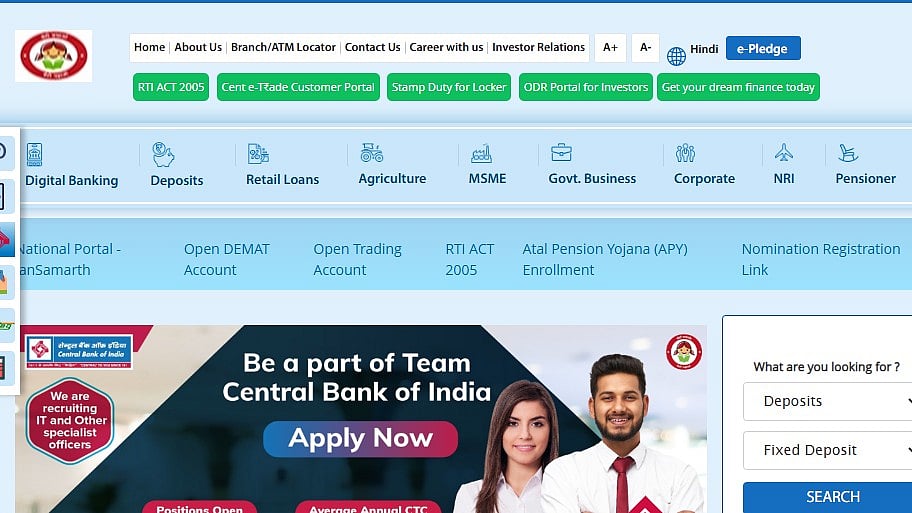Professionals in India have been known for their successful career endeavours in foreign countries. While there are a lot of such stories in the West, many Indians are also pursuing their journey to success in the East. Nikhil Tripathi, who works in an MNC in Japan shares how his journey to Japan has been so far with The Free Press Journal (FPJ).
Apart from his journey, Tripathi also shares valuable insights for anyone considering a career in Japan, highlighting the importance of cultural understanding, language proficiency, and perseverance.
FPJ: What is your educational qualification? How has been your career journey in Japan?
Tripathi: I pursued humanities during my schooling and later completed my graduation from Shaheed Bhagat Singh College, Delhi University. However, my interest in Japanese led me to pursue the language independently for three years, eventually deciding to make a career out of it. Currently, I’m a sales and marketing manager in Tokyo. I initially started as a sales executive and was later promoted to the role of sales and marketing manager. I have been working in Japan for nearly one and a half years.
FPJ: What motivated you to pursue a career in Japan?
Tripathi: My original intention was not to work outside of India. However, I developed a strong affection for Japan and the Japanese language. It all started after watching a Japanese movie called “Kimi no Nawa”. From then onwards, I dedicated my time to learning Japanese. My goal was to speak the language fluently.
FPJ: Can you walk us through the timeline of your job search abroad?
Tripathi: Earlier, I used to search for job opportunities in India, particularly in Delhi. I did not actively look for a job in Japan. Regrettably, being a fresher, I didn’t even receive an interview call in India. However, I used to engage in freelance work with Japanese companies in India and shared my projects on LinkedIn. It seems that after observing my work and proficiency in the Japanese language, they reached out to offer me a sales executive position in Tokyo.
FPJ: Beyond language, what impressed you most about Japanese work culture?
Tripathi: Although I didn’t face any language-related challenges, I found the long working hours and the formal environment to be quite unexpected. It was interesting to learn that in Japan, promotions are often based on age rather than competence, which seemed peculiar to me. Thankfully, my company still values skills when it comes to promotions, unlike the prevailing norm in the majority of Japanese companies.
FPJ: Did your Indian education equip you with any skills that were particularly valuable in the Japanese workplace?
Tripathi: English emerged as the most beneficial factor. This fluency in English distinguished me from my colleagues in the company. In contrast to the Japanese, who face difficulties with English, I took on the responsibility of handling foreign clients in Japan on my own.

FPJ: What language learning strategies did you use to become proficient in working comfortably in Japan? Did you face any communication blunders?
Tripathi: In Japan, it is typically necessary to have a certain level of proficiency in the Japanese language to work there. The Japanese Language Proficiency Test (JLPT) is used to measure this proficiency, with N5 being the beginner level and N1 being the most advanced. At the time, I had obtained an N2 certification, which is a high intermediate level. However, I have since achieved an N1 certification, which is the highest level. As a result, I no longer encounter any difficulties with the Japanese language.
FPJ: Do you see challenges when returning to the Indian work environment after being immersed in Japanese work culture?
Tripathi: Yes, based on my experience working in a Japanese environment, I occasionally notice that Indians may struggle with meeting deadlines and being punctual. This could potentially create difficulties when it comes to working together.
FPJ: Do you pursue any hobbies or social activities outside of work?
Tripathi: Yes, one of my hobbies is creating content on Instagram about India and Japan. I aim to introduce Japan to Indians who are learning Japanese and also showcase Indian culture to the Japanese people.

FPJ: Have you encountered any unique Japanese work practices that you think could be beneficial to implement in India?
Tripathi: In Japan, conducting meetings is considered an important aspect of their work culture. They approach meetings with a strong sense of responsibility and a determination to address any issues or areas for improvement. They take these discussions seriously and strive to communicate their thoughts and ideas with great precision, ensuring that they do not fail to address any concerns.
FPJ: Did you learn any time management or productivity methods in Japan that you would suggest to others considering working overseas?
Tripathi: Japanese people have an admirable habit of carefully organising and preparing for their entire day in advance. They conscientiously establish and confirm their schedules up to a week ahead, and each day, their initial priority is to evaluate their schedule. They even set alarms for meetings to guarantee they do not overlook any significant responsibilities. This effective method enables them to work without the possibility of neglecting essential meetings.
FPJ: What’s a piece of advice you would give other Indian students or professionals considering career opportunities abroad?
Tripathi: To work effectively in Japan, it is important to prioritise time management, cultural understanding, language proficiency, and have a good understanding of the business environment. These aspects hold more significance than your core skills since employers will evaluate you based on these factors rather than solely on your technical abilities.











